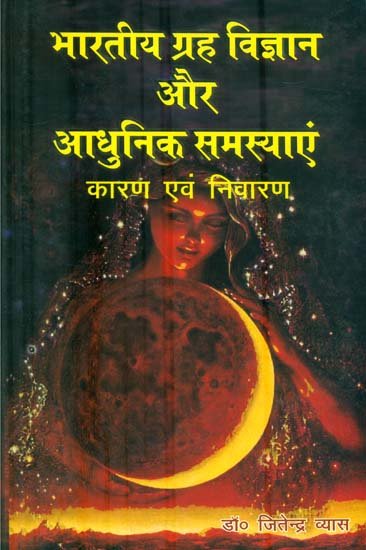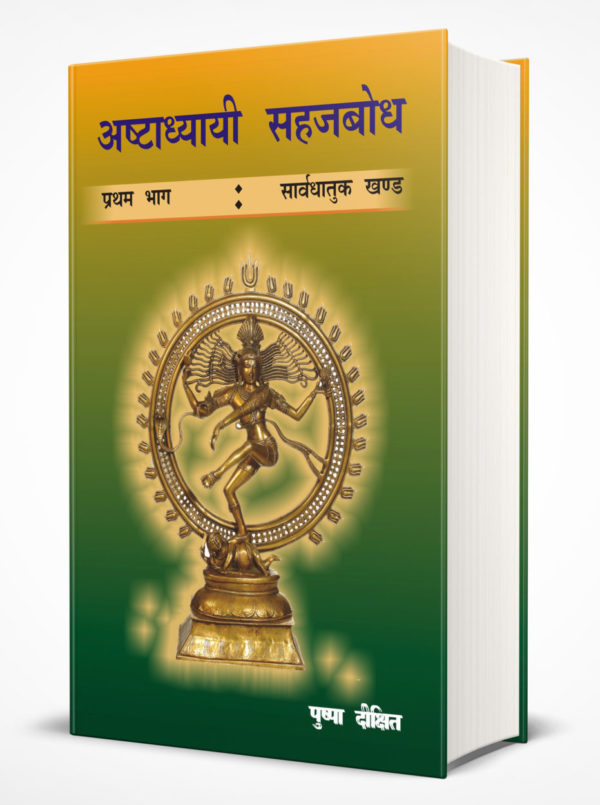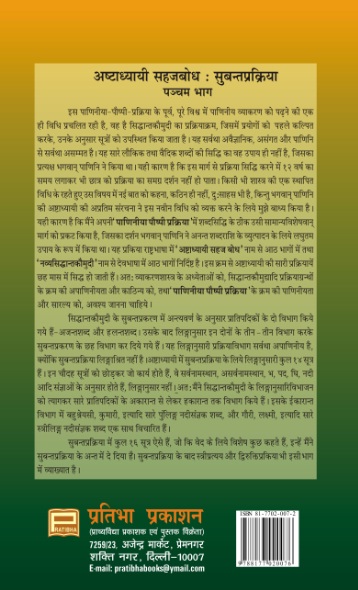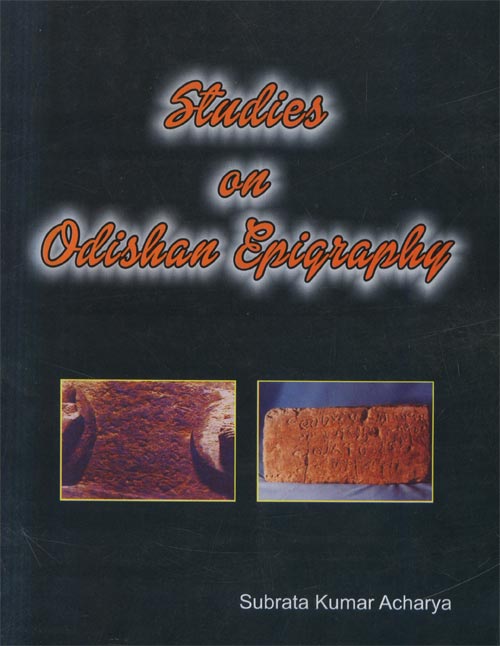Intangible Cultural Heritage of Assam
Original price was: ₹1,800.00.₹1,200.00Current price is: ₹1,200.00.
Author-Editor/लेखक-संपादक |
KISHOR K. BASA & BIRINCHI K. MEDHI |
Language/भाषा |
ENGLISH |
Edition/संस्करण |
2008 |
Publisher/प्रकाशक |
Pratibha Prakashan |
Pages/पृष्ठ |
314 (4 COLOR ILLUSTRATIONS) |
Binding Style/बंधन शैली |
Hard Cover |
ISBN |
9788177021790 |

Northeast India (excluding Sikkim) is known as the Land of Seven Sisters comprising seven states such as Assam, Arunachal Pradesh, Nagaland, Mizoram, Manipur, Tripura, and Meghalaya. Assam is not only the biggest state among them but is regarded as the gateway to the northeast. Its geographical location is strategic for India. While Bhutan and Arunachal Pradesh lie to the north of Assam, Manipur, Nagaland, and Arunachal Pradesh lie to its east; Meghalaya, Tripura, and Mizoram to the south. The mighty Brahmaputra flows through Assam creating the riverine island Majuli and is integral to the cultural heritage of Assam. There are at least two views regarding the origin of the word ‘Assam’ (India 2003: 729). According to one view, the word ‘Assam’ is derived from a Sanskrit word Asama meaning peerless or unparalleled, whereas the other view, which is more widespread, the term is associated with the original name Ahoms, who ruled Assam from the 13th century for about 600 years until the British annexation. Known variously in antiquity as Pragjyotisha or the place of eastern astronomy during the epic period and as Kamarupa as known from the Allahabad Pillar Inscription of Samudragupta, Assam being located as a bridge in between mainland Southeast Asia and Northern India, has been a fertile ground for the development of composite culture and cultural diversity. The area of Karbi Anglong and North Kachhar Hills retains the ethnic multiplicity adding to the mosaic of the pluralistic pattern of Assamese cultural heritage.
Only logged in customers who have purchased this product may leave a review.











Reviews
There are no reviews yet.